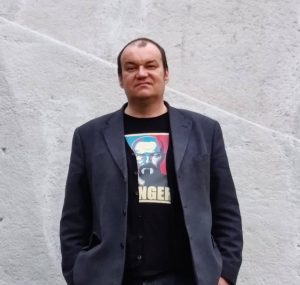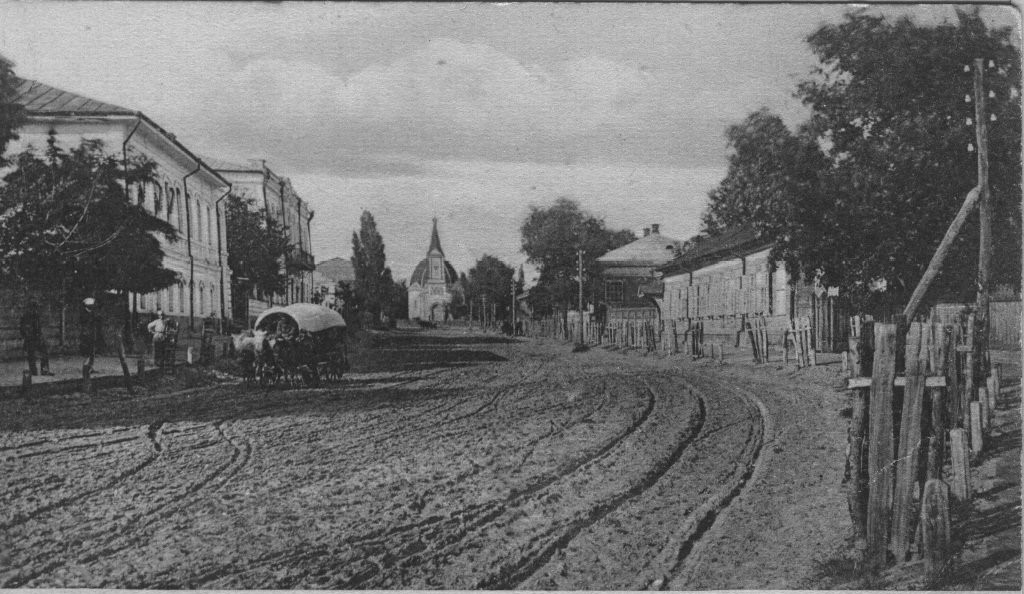Quality of Life and Creation of "New Cities" (Chernihiv and Poltava of the end of 18th - early 20th century)
Dr. Volodymyr Masliychuk
National University of “Kyiv-Mohyla Academy”18.8.2022, 15:00
Library of the Center for Urban History
During the seminar, approaches will be proposed to study urban history through the interdisciplinary category of the "quality of life." In this case, those will only be the outlines of a broader project. In the common understanding, the quality of life is the level of satisfaction of one's needs. In a narrower sense, it is the medicalization of space (the appearance of hospitals, outpatient clinics, medical education institutions, mass vaccination), the fight against hunger, changes in access to education, sanitary and hygienic policy (the appearance of sewers, water pipelines, trash cans). These innovations are reflected in demographic indicators (population size, life expectancy, gender division).
The focus here is on the beginnings of the modern urban lifestyle in the administrative, and provincial centers of the territories where the time "froze" and modernization was not rapid, compared to the east and south of Ukraine. However, shifting the focus from the socio-economic changes to the creation of new institutions and to demographic sections, we can take a slightly different look at the history of the large space of the former Cossack autonomy.

Dr. Volodymyr Masliychuk
National University of “Kyiv-Mohyla Academy”Doctor of Historical Sciences, Associate Professor of the Department of History of the National University of Kyiv-Mohyla Academy. Author of seven monographs, compiler and editor of a number of volumes and collective monographs. The research interests include an urban way of life in towns of the Left Bank of Ukraine (Poltava and Chernihiv provinces) that have not been affected by intensive industrial transformations (Poltava, Romny, Nizhyn, Pryluky, Chernihiv, Hlukhiv), and that is common for the south and east of Ukraine, studies of the traditional world and modernization incursions. The researcher also focuses on the history of education. In 2022, a guest researcher at the Center for Urban History (fellowship supported by the Körber-Stiftung (Hamburg).
The event has a format of a workshop, with the guest researchers to discuss academic projects and research works on different stages of progress, and of the completed projects prepared for print.
Participation in the Urban Seminar implies reading and discussing the researcher’s text. If you wish to join the workshop, please, send an email to Maryana Mazurak ([email protected]) to receive the materials in advance.
Credits
Cover photo: Chernihiv District Court. Leaflet of the late 19th century.
